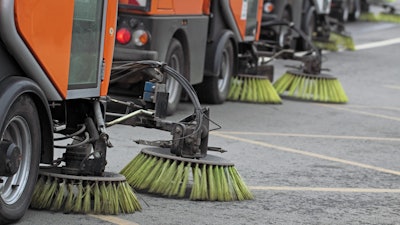
Street sweepers stand to gain significant recognition as a leading solution for stormwater pollutant removal, but realizing this potential hinges on robust, standardized testing. Currently, a gap exists in the data available to stormwater professionals, hindering their ability to fully appreciate and leverage the capabilities of modern sweepers.
The benefits of rigorous testing are multifaceted. Studies have already indicated that street sweeping can be up to seven times more cost-effective than other methods, like catch basin cleaning, in removing pollutants such as nitrogen and phosphorus. Standardized testing would solidify these findings, providing concrete data that stormwater managers can use to make informed decisions about resource allocation.
Secondly, data-driven results are crucial for earning regulatory credits within MS4 permits. If sweepers can consistently demonstrate effective pollutant removal, regulators can develop more accurate and sound credit systems, incentivizing municipalities to invest in enhanced sweeping programs.
Why should sweeper manufacturers champion this effort? Because standardized testing levels the playing field, allowing the better technologies to shine. Performance-based regulations, driven by reliable test data, encourage the adoption of more capable equipment. In addition, sweeper routes and frequency will likely both be expanded.
This creates a market advantage for manufacturers whose sweepers excel in pollutant removal. Moreover, positive test results can unlock funding opportunities, such as through the Clean Water State Revolving Fund, as communities seek proven solutions for stormwater management.
Sharing the test results with an organization such as the National Municipal Stormwater Alliance (NMSA) would be an ideal way to disseminate this critical information to the stormwater community. The NMSA's “Stormwater Testing and Evaluation for Products and Practices” (STEPP) program could potentially facilitate standardized testing procedures.
Collaboration between the sweeping industry and organizations like NMSA will drive innovation, improve public understanding, and ultimately position street sweeping as a cornerstone of effective stormwater management.
Editor’s Note: The author is currently developing a testing protocol for tests that will be conducted on street sweepers in the Summer of 2025. This is being done as part of a Sea Grant/NOAA study, administered through USC and the City of Santa Barbara, that is tasked with developing BMPs for removal of pavement-based microplastics as well as larger debris.

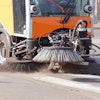

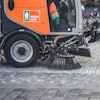
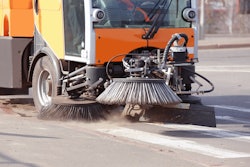
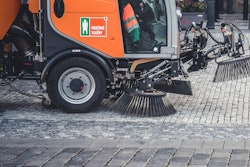
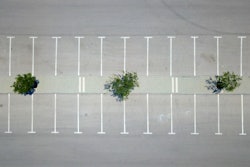



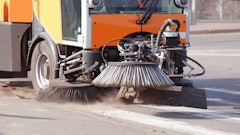

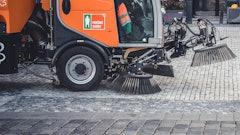



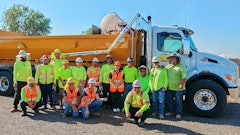
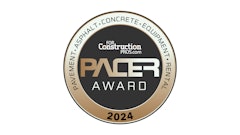

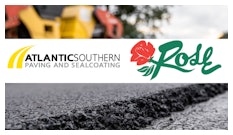
![Pavement Awards 2025[main]](https://img.forconstructionpros.com/files/base/acbm/fcp/image/2024/05/PavementAwards_2025_main_.664253a724bb1.png?ar=16%3A9&auto=format%2Ccompress&bg=fff&fill-color=fff&fit=fill&h=135&pad=5&q=70&w=240)